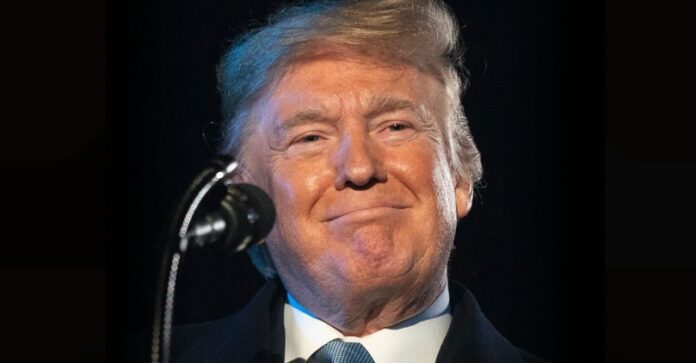
By Stacy M. Brown, NNPA Newswire Senior National Correspondent
An indictment against former President Donald Trump has been unsealed, showing an astounding 37 felony charges connected to the alleged misuse of confidential data.
Publicly released documents include new details on the criminal charges against Trump and his associate Walt Nauta.
Federal officials seized over a hundred classified documents from Trump’s Florida resort in August of last year, which led to the charges.
The indictment names seven separate statutes that Trump is accused of breaking and 31 counts of deliberate retention of national security information.
Among the additional allegations are making false statements, conspiring to obstruct justice, hiding evidence, and engaging in a scheme to keep facts from the public.
Information about US and foreign defense and weapons capabilities, US nuclear projects, potential vulnerabilities to military strikes, and plans for possible reprisals were among the sensitive details seized from Trump’s possession upon departing the White House.
The indictment shows that the files were from many government and law enforcement groups.
Those groups include the CIA, the Department of Defense, the NSA, the NGA, the NRO, the Department of Energy, the Department of State, and the Bureau of Intelligence and Research.
In addition, the indictment shows that, in two instances in 2021, Trump disclosed confidential material to unapproved parties.
In one incident, he shared a “highly confidential” attack strategy with an author, a publisher, and two employees who lacked security clearance.
In the second incident, two members of his political action group who lacked the necessary permission saw a classified map of a military operation.
The fact that both instances occurred at Trump’s New Jersey golf club suggests that the documents were brought there from Florida.
The complaint further claims that the improperly stored documents were left out in the open for two months, including on the stage of the Mar-a-Lago ballroom.
A photo attached to the court document shows they were also discovered in a bathroom and a shower.
In the photograph, thirty or so cardboard boxes appear stacked in a tight circle around a toilet, near a shower, with a chandelier dangling overhead in the picture.
The indictment also shows that Trump knew what was in the file cabinets.
The text communications between Trump staff and Nauta show the former president wanted to see the boxes before they were returned to the National Archives and detail how he would direct Nauta to send him certain boxes periodically.
Trump allegedly told one of his lawyers, “I don’t want anybody looking through my boxes,” when asked to comply with a subpoena demanding the records return.
He even proposed making up an answer saying there were no such records on-site. Nauta removed 64 boxes from the storage area and brought them to Trump’s apartment within the club, which authorities found disturbing because the documents were to be collected by the Justice Department as part of the subpoena.
Only 30 boxes were returned before the authorities showed up.
Trump denied any wrongdoing and claimed he was within his rights to do whatever he wanted with the materials.
However, these severe allegations portray a worrying picture of the former president’s alleged mishandling and probable endangerment of critical national security material.

